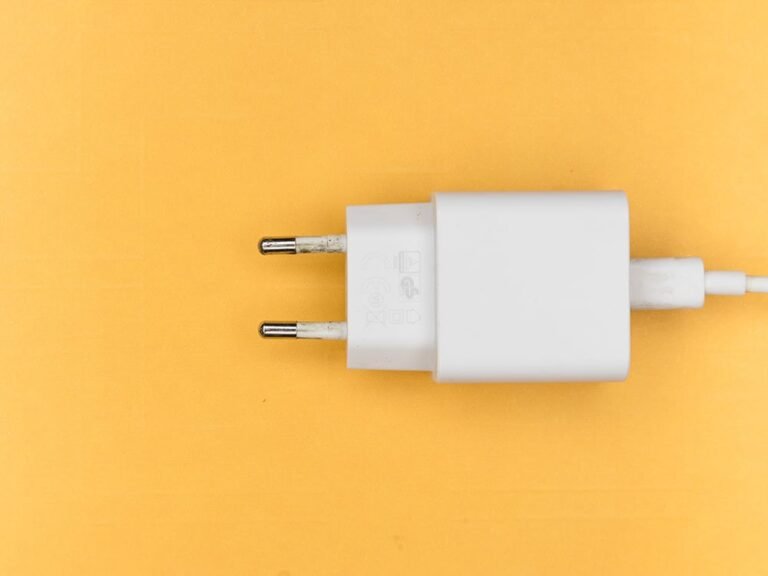to mean
The English verb to mean has several possible translations in French, depending on the subject and grammatical structure. The most common verbs are vouloir dire and signifier. Other verbs like impliquer, représenter, entendre par, and consister à may also apply in specific contexts. The correct translation depends on what is doing the “meaning” (a person, a word, a situation) and what kind of meaning is intended (definition, intention, consequence, etc.).
Vouloir dire
Vouloir dire is the most common translation of to mean, especially when the subject is a word, phrase, or person expressing something. It literally means “to want to say.”
It is widely used in spoken and written French.
- Que veut dire ce mot ?
What does this word mean? - Qu’est-ce que ça veut dire ?
What does that mean? - Je voulais dire que tu avais raison.
I meant that you were right. - Tu veux dire que c’est fini ?
You mean it’s over? - Il ne voulait pas dire ça.
He didn’t mean that. - Qu’est-ce que tu veux dire par là ?
What do you mean by that?
Use vouloir dire for:
- words or phrases (What does “chien” mean?)
- clarifying someone’s intention (I didn’t mean that)
- general queries about meaning
Signifier
Signifier is more formal and often used in written or technical French. It is close to to signify or to denote in English, but in modern French it also translates to mean, especially when the subject is a word, sign, symbol, or fact.
- Ce mot signifie “amour” en espagnol.
This word means “love” in Spanish. - Un panneau rouge signifie l’interdiction.
A red sign means prohibition. - Que signifie ce geste ?
What does this gesture mean? - Cela ne signifie pas qu’il a raison.
That doesn’t mean he’s right.
Use signifier for:
- definitions and translations
- signs, symbols, indicators
- abstract or logical meanings
In spoken French, signifier is less common than vouloir dire, except in formal contexts.
Impliquer
Impliquer translates to mean in the sense of implying or having a consequence. The subject is often an event or action.
- Cela implique de faire des choix difficiles.
That means making difficult choices. - Accepter cette offre implique des responsabilités.
Accepting this offer means taking on responsibilities. - Vivre à la campagne implique d’avoir une voiture.
Living in the countryside means having a car.
Use impliquer for:
- consequences
- required actions or conditions
Représenter
Représenter means to represent but can also translate to mean when referring to value, quantity, or symbolic meaning.
- Cette somme représente une année de salaire.
That amount means a year’s salary. - Pour moi, ce tableau représente la liberté.
For me, this painting means freedom.
Use représenter for:
- quantities or measurements
- symbolic or emotional value
Entendre par
Entendre par means to mean by or to intend by (something) and is used to clarify what someone intends to say. It is more formal than vouloir dire but appears in both spoken and written French.
- Qu’entends-tu par “complication” ?
What do you mean by “complication”? - J’entends par là qu’il faut changer de méthode.
I mean that we need to change our approach.
Use entendre par for:
- clarifying terminology or intent
- formal restatements
Consister à
Consister à means to consist of doing something but can translate to mean when describing what something involves or requires.
- Ce travail consiste à organiser les dossiers.
This job means organising the files. - Être chef consiste à prendre des décisions.
Being a leader means making decisions.
Use consister à for:
- describing tasks, responsibilities, or duties
Other expressions
In some cases, idiomatic phrases or paraphrasing may be used instead of a single verb.
- Ça veut dire quoi ?
What does that mean? - Autrement dit…
In other words… - Cela revient à dire que…
That amounts to saying that…
Summary
- Use vouloir dire for most conversational meanings of words or intentions.
- Use signifier for formal or technical definitions and abstract ideas.
- Use impliquer when referring to consequences or required actions.
- Use représenter for symbolic or quantitative meanings.
- Use entendre par for clarifying what someone means by a specific term.
- Use consister à when explaining what an activity or role involves.
Each verb corresponds to a different structure or subject. Matching the correct French verb to the intended English meaning depends on whether you’re talking about language, people, consequences, or symbols.






